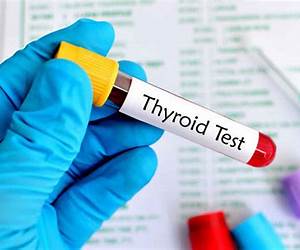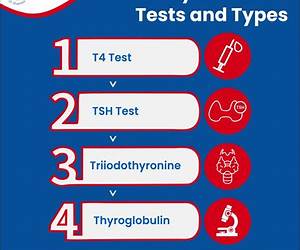Ebook thyroid function testing pdf
Thyroid function tests are utilized by essentially all medical practitioners across every clinical setting in patients from newborns to the elderly They are the most frequently measured endocrine tests The sensitive thyrotropin TSH assay reflects thyroid hormone feedback to the pituitary and is diagnostic of both thyroid h mone excess as well as deficiency The log linear relationship between serum TSH and thyroxine concentrations means that small changes in serum thyroxine are amplified by changes in serum TSH The availability of the sensitive TSH assay in essentially all clinical laboratories has improved and simplified the assessment of thyroid function for the diagnosis of thyroid disease and to monitor treatment Serum free thyroxine and thyrotropin concentrations as well as other thyroid tests can be measured utilizing an automated immunoassay platform that provides rapid and accurate results This simplified approach to thyroid assessment often requ ing only a serum TSH measurement and rapid availability of the thyroid function tests results has expanded the scope of thyroid testing and clinicians ordering and interpretingth yroid tests There remain however many challenges in selecting the appropriate thyroid function test to order the correct interpretation of results and applying these results to the diagnosis and management of thyroid diseases It is especially important to be aware of limitations of thyroid function tests as well as special clinical c cumstances that can influence thyroid function measurements The serum TSH concentration for example may not accurately reflect thyroid status in many si ations including after prolonged hyperthyroidism when serum TSH remains s pressed for months in the presence of hypothalamic or pituitary disease or due to a number of interfering medications The serum free thyroxine measured by the analog method is not accurate with high or low serum binding proteins and d ing pregnancy Hospitalized patients often have thyroid function test abnormalities that are transient and return to normal after recovery from the acute illness Iodine excessand deficiency candramatically influence thyroid function tests Significant insights have been gained into the regulation of thyroid hormone synthesis and especially the role of thyroid hormone metabolism in supplying t sues locally with an adequate supply of thyroid hormone In a number of instances these factors influence the selection and interpretation of thyroid function tests Polymorphisms common sequence variations in genes of components that regulate thyroid function and thyroid hormone action may also contribute to variability in thyroid function tests in a population v vi Preface This volume draws on an outstanding international panel of experts in thyroid function tests and thyroid function assessment They represent clinicians clinical researchers and basic science researchers all with a focus on some aspect of the assessment of thyroid function The chapters all provide a clinical perspective but are informed by themost recent scientific advancements The first section of the book Chaps 1 3 presents the most recent advances in thyroid physiology a review of genetic influences on thyroid function tests and a discussion on the influence of iodine on thyroid function In Chap 1 Drs Huang and de Castro Neves describe thyroid hormone metabolism emphasizing the key role of thyroid hormone activation and inactivation in thyroid hormone action Dr Visser is a world leader in studies of thyroid metabolism and genetic influences on thyroid function In Chap 2 Dr Visser and his colleagues Drs van der Deure Medici and Peeters provide a clear view of this important and r idly expanding field Thyroid Function Testing Endocrine Updates Book 28

.

 .
.